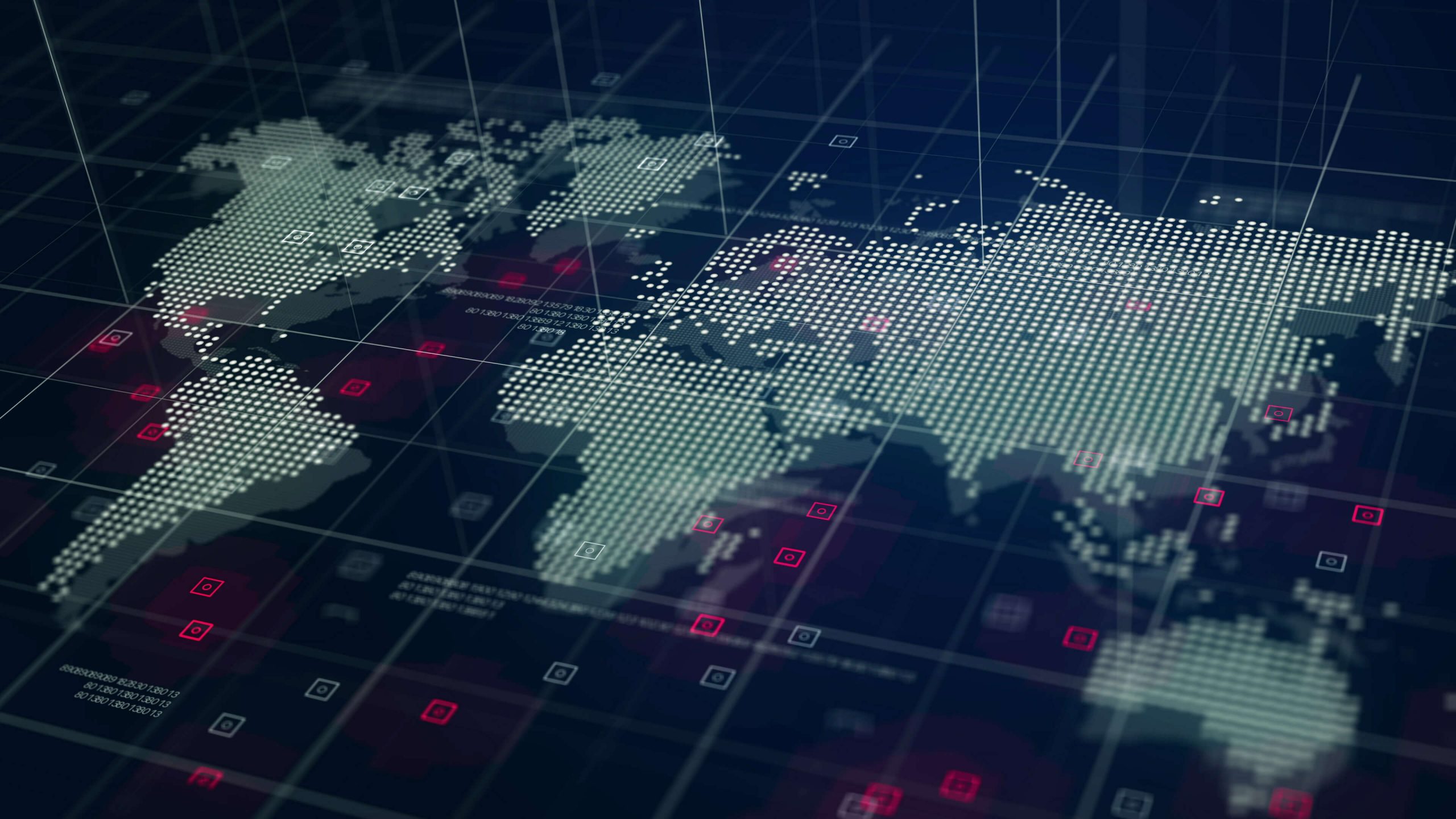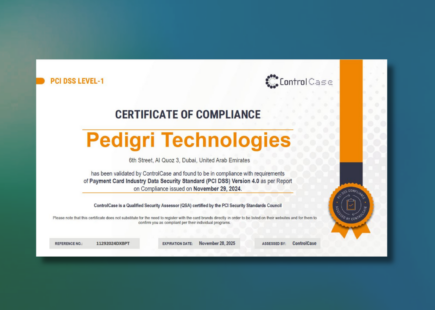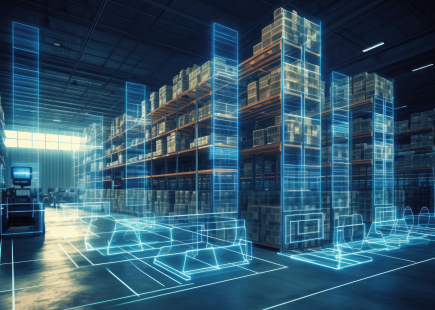If your business accepts high-value equipment and spare parts imported into the MEA region, you are fully aware it’s a complex and time-consuming process.

The intricacies of international trading present a wide range of challenges ranging from regulations to compliance concerns. Learning to navigate this complex process can prove very time-consuming with all the moving pieces involved in running your business. An Importer of Record is the legal entity responsible for ensuring your import process is fully compliant with time-critical products from other countries.
The experts at Pedigri Technologies have compiled this guide to help you understand everything you need to know about partnering with a professional Importer of Record.
What is an Importer of Record?
The person or business representative in the country receiving your imported goods is known as an Importer of Record (IOR). They are responsible for ensuring your import meets local compliance requirements and all the legal requirements when accepting imported goods.
As your goods reach international customs, the IOR ensures that your product classification is accurate and that all of your imported goods have been appropriately valued. Your IOR will also pre-pay any fees, duties, and taxes associated with importing goods. Additionally, they will complete all required paperwork and documentation to comply with local laws. Since an importer of record is responsible for complying with international import regulations, they also assume any risks associated with clearing your products through customs.
Who needs an IOR?
Any company that imports hi-tech or medical devices to the Middle East and Africa region could benefit from partnering with an Importer of Record. IORs are experts trained to know all the rules, regulations, and laws required for each country your business imports equipment from. In particular, if your company imports products or spare parts from multiple countries, an IOR will navigate the intricacies of internal trade required for your imported goods to clear customs. Every country you import equipment from may have its own specific regulations for customs approval. For example, importing goods from Ireland to any country of the Middle East and Africa will have different customs requirements than importing goods from China or the United States due to not only specific export requirements from the country of origin but also specific import regulations in every country in the MEA region.
What are the documentation responsibilities for IOR?
When your company imports products into the MEA it must comply with all the customs requirements of the destination country. For businesses that operate in multiple locations and import products to various countries, this can become challenging and time-consuming. When you partner with an Importer of Record, that entity or person is responsible for all customs documentation. An IOR will handle documentation requirements for the following:
- Product classification: details the type and value of goods being imported
- Import and export licenses: to prove your business has permission to import goods
- Permits: detailing specific documentation relating to your import activities
- Prepaid fees, taxes, and duties: all associated paperwork for any applicable fees, taxes, or duties pertaining to imported goods
- Power of Attorney (POA): documentation for POA to take on legal responsibilities to act as the IOR for the parent organization
Countries may also require businesses to follow local regulations and rules, which may require additional documentation.
Who Can Serve as an Importer of Record?
Any locally registered person or company can serve as the Importer of Record. However, the IOR must maintain a physical presence within the destination country. For example, if your company is importing goods to the UAE, your IOR must maintain a physical presence in the UAE.
It’s critical that your company partners with an IOR who has experience in dealing with all the complexities of international importing. This will ensure your business avoids costly mistakes that can lead to even more problems during the importation process. You also want to ensure your IOR has a good reputation. When your products are received at customs, your IOR temporarily becomes the proprietor of the imported goods. As such, they assume all legal responsibilities relating to the import process.
Benefits of Outsourcing an Importer of Record
There are many benefits to outsourcing an Importer of Record. Among the top advantages of working with an IOR are the following:
- An IOR will have all the knowledge to ensure your company is compliant with regulations in any given country.
- An IOR will handle paying all related taxes, duties, and other fees associated with imported goods.
- An IOR is responsible for filing all permits, documentation, and licenses for imported goods.
- An IOR will maintain any records for the minimum duration required by the local laws of the destination country.
- An IOR keeps you away from making mistakes that result in supplies being held at customs, fines, and penalties.
Partnering an Experienced Importer of Record
Importing goods on a global scale can be a complex and frustrating process. The role of the Importer of Record helps to streamline the process while simultaneously freeing your time to focus on the other areas of running your business. With a dedicated IOR, you can outsource all the responsibilities for importing your products to minimize the risk of making mistakes that can disrupt your supply chain and cost you time and money. This is particularly critical when your company deals with high-value equipment and mission-critical goods vital to the functioning of day-to-day business.
Why running the risk? You can find peace of mind while your IOR ensures your interests across all the key markets in the MEA region.
Latest news

Pedigri Technologies Achieves PCI DSS Certification
Pedigri Technologies is pleased to announce its successful attainment of PCI DSS (Payment Card Industry Data Security Standard) Level-1 compliance.

The AI Revolution in Spare Parts Inventory: Transforming Supply Chain Management
Imagine the chaos when a critical spare part is unavailable when needed most. It’s a familiar scenario to many leaders that still rely on outdated inventory management systems. But for those daring to venture into the new era of AI, the story unfolds quite differently.

The Imperative of Denied or Restricted Party Screening in Supply Chains
Imagine the supply chain as a complex network of blood vessels in a living organism. Just as the health of an organism depends on the purity of what flows through these vessels, so does the health of a supply chain rest on the integrity of its participants.
